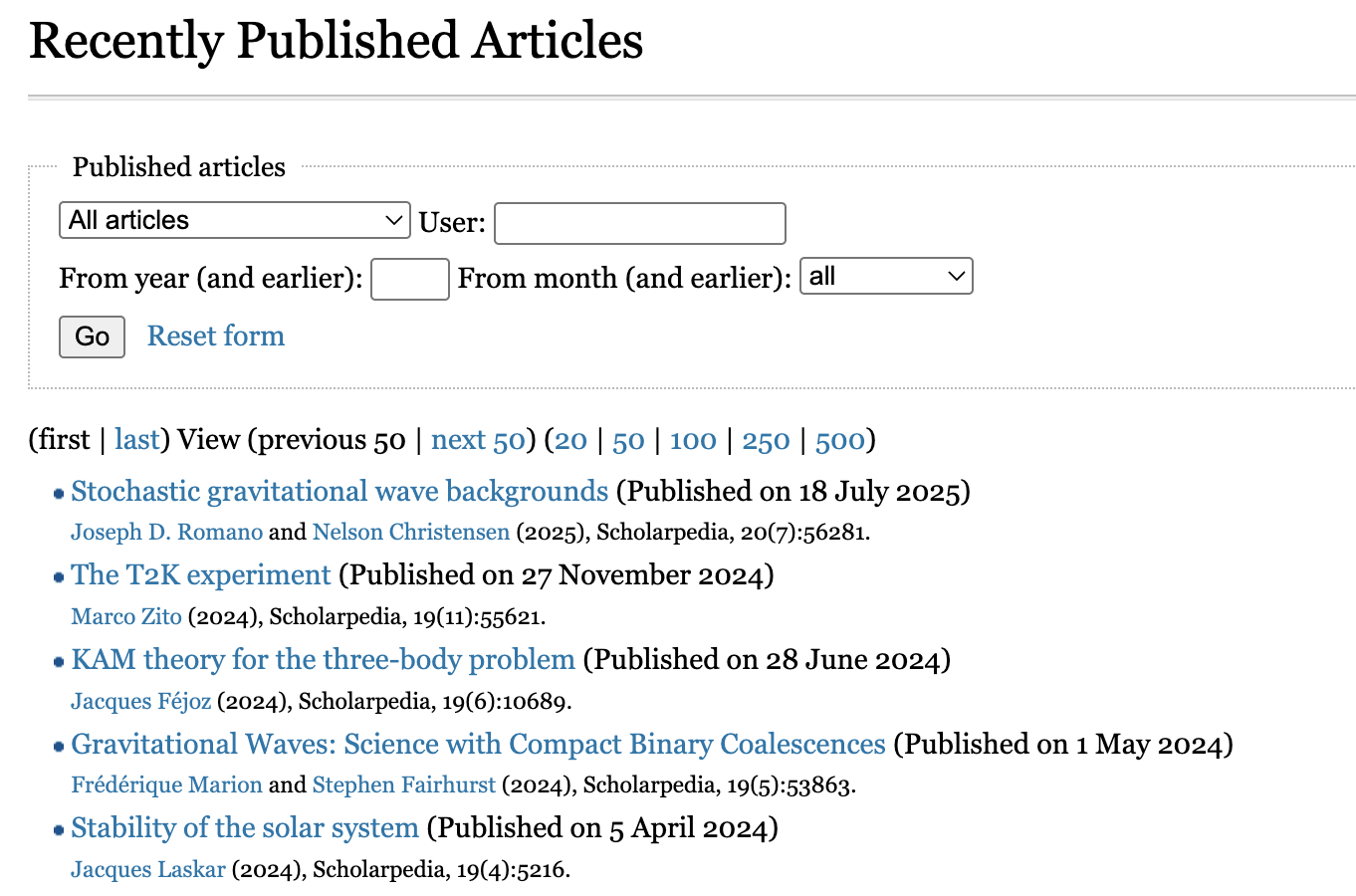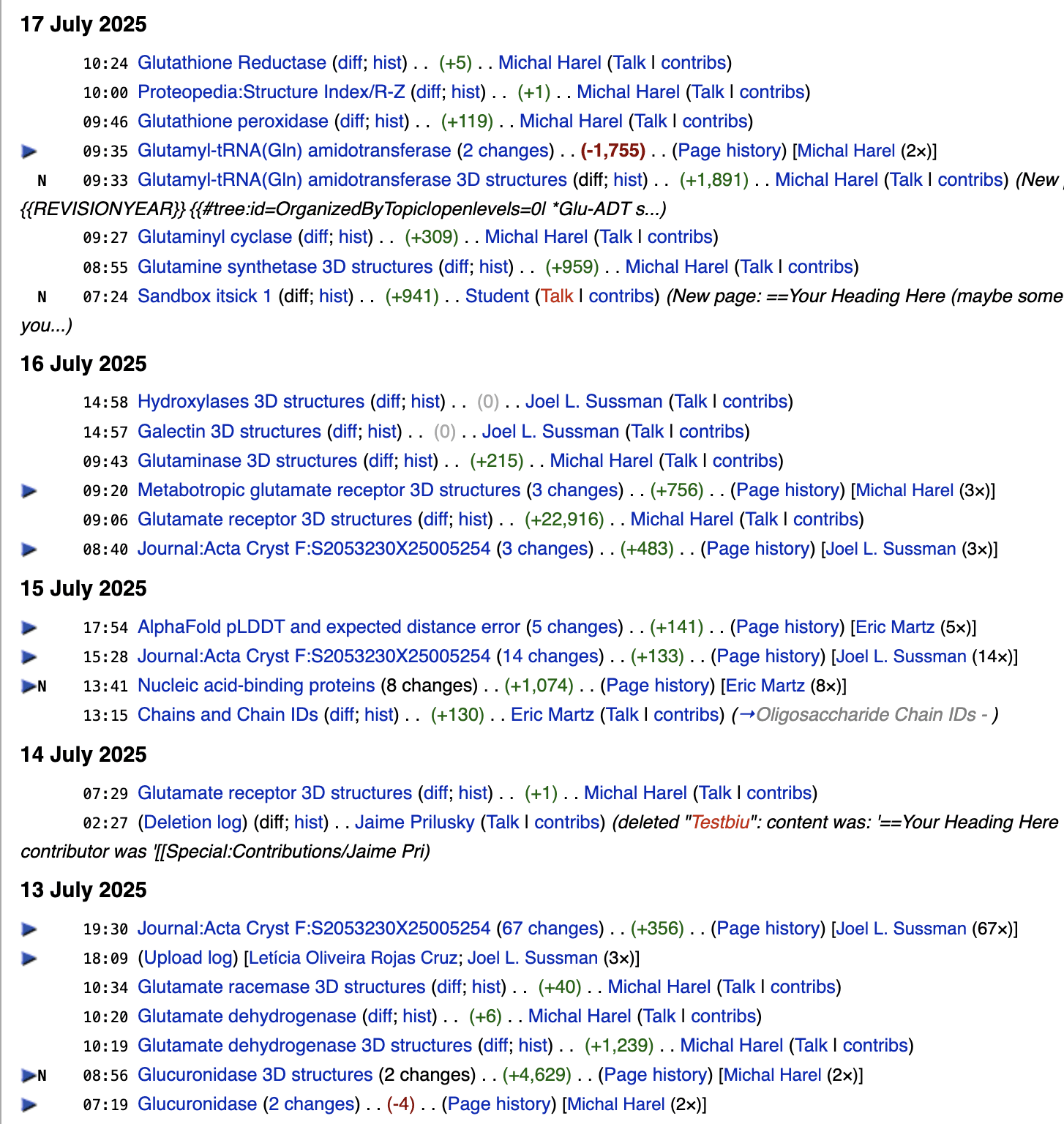imo it feels very strange to overload the tagging system as also being the wiki system, and having it reside in the same location as the arbital imports (the "Concepts" portal). Especially with the weird format of Arbital. There's also the fact that most of the tags are stubs, so not very useful for linking to.
Edit: I also think many of the tags are just weird to have as wiki articles, for example (imo) Meetups & Local Communities (topic), or Intellectual Progress via LessWrong. Its not impossible to imagine those being good encyclopedia articles, but it seems very unlikely they will be.
Wikipedia also has lots of pages about meta things, so I don't think this is the difference (every Wikipedia user has a Wikipedia page). IMO also having the tagging implemented makes it better in this respect (since the central problem of any wiki is getting a critical mass and tagging is much easier than writing). Similarly, of course for any wiki most pages are going to be stubs, that's just the reality of a wiki that isn't yet at full maturity.
My guess is mostly it's baserates. There exist very few wikis in the world. Many attempts at wikis get made, almost none of them take off. There are a few narrow-ish product categories where wikis reliably take off (like video games), but broader subject-specific wikis are just much rarer.
My guess is someone could make the LW wiki better and become the default here, and most of what it would require is investing time into content quality, and doing good content promotion (but indeed, content promotion is very hard for wikis since you don't have natural publication dates, and SEO is a largely losing game, though not unwinnable and indeed the dimension through which the LW wiki provides most of its value).
I agree these design patterns aren't followed by Wikipedia, and that Wikipedia is abnormally successful for a wiki, but I also think that due to network and founder effects Wikipedia should not necessarily be looked to as a role model here. It could be a nicer experience without all those stubs, but it doesn't need to be to survive.
since the central problem of any wiki is getting a critical mass and tagging is much easier than writing
I assume you know more here, since you do more here than I do, but I'll still argue from my own model.
This intuitively doesn't seem right to me. I personally at least would prefer there be a few very good & very developed articles than many very bad & useless articles. What I think I've learned by looking at the LessWrong wiki page is that to a very good approximation, every article that wasn't imported from arbital sucks, so if I have a concept in mind I want to link a good explainer to, or even just a collection of information presented in an easy-to-digest order, I should never look at tags and always just search LessWrong posts directly for a good explainer. If it doesn't exist as a good LessWrong post, then it definitely won't exist as a good tag.
My guess is mostly it’s baserates. There exist very few wikis in the world. Many attempts at wikis get made, almost none of them take off. There are a few narrow-ish product categories where wikis reliably take off (like video games), but broader subject-specific wikis are just much rarer.
You’re making two claims here:
There exist very few wikis in the world.
This one’s just not true. There are, in fact, very many wikis in the world.
(Of course, “few” and “many” are vague terms, so you could always claim that however many wikis exist, that number is actually “very few”. But I claim that the number of wikis that a naive reader would expect there to be, if told that there are “very few” wikis in the world, is not the real number; the real number is much more like what one would expect to see if told that there are “very many” wikis in the world.)
There are a few narrow-ish product categories where wikis reliably take off (like video games), but broader subject-specific wikis are just much rarer
Yes, there are wikis about video games, but also tabletop games, novel series, TV shows, movies, conservative politics, genealogy, hitchhiking, guns in movies, Islam, criticism of Islam, specific Linux distributions, proteins, peer-reviewed scholarly articles, knitting, fiction tropes, and other things…
(And that list doesn’t even include any of the innumerable wikis that are used by smaller or less-well-known communities, or (semi-)personal wikis, or private wikis…)
Is this not “broader subject-specific wikis”? If not—then what is?
It looks to me like wikis are a thing that absolutely can work, if you have a community of people with a collective interest. Of course the most common kind of collective interest around which communities form is some sort of hobby or fandom, but it’s certainly not the only kind.
There exist very few wikis in the world.
Sorry, I of course meant to say here "widely-used wikis" or "successful wikis", though I feel like it was reasonably implied from context.
The activity levels of the wikis you link do indeed vary widely. Some of them are basically dead, others seem to see lots of activity. Some examples:
Scholarpedia (one article in all of 2025):

Proteopedia (lots of activity)

Wikis are a totally useful technology! My comment was intended as a response to the OP:
How useful is a wiki for alignment? There doesn't seem to be one now.
[...]
i've found that the lw wiki doesn't work as a wikipedia-like resource, at least for me
The thing I was saying was that there exists extremely few wikis whose entries "work as a Wikipedia-like resource", which I understood as something like "a canonical reference for those concepts that is widely assumed to be shared and gets frequently references among most people working in the field".
Wikis mostly serve other niches. There are very few wikis whose entries become the standard way to reference something in a community or field, outside of some niche domains where they do often reach that level of common-knowledge (like fandoms).
Seconding this. The LW “wiki” is not really a wiki. (The old LW wiki was a real wiki, but the new one isn’t.) In a wiki, pages might have tags, and it’s not unreasonable for a tag page to also just be a regular wiki page (indeed PmWiki uses such a system), but the idea that tags and wiki pages are somehow just… the same thing, and every wiki page is a tag and every tag is just a normal wiki page… is bizarre and counterintuitive.
every wiki page is a tag and every tag is just a normal wiki page
Not every wiki page is a tag! Some wiki pages are tags, which I think makes sense. Others are articles optimized to be wiki pages.
I was hoping it would clear things up, as you said yourself:
it's not unreasonable for a tag page to also just be a regular wiki page
Of course, who knows, maybe you meant something very different with that.
In the case of LessWrong, the issue is of course that we are dealing with at least two content types: wiki pages and posts. They are written in very different authorial style and have very different premises. This means a tag page cannot just list other wiki pages, it also must list posts.
Having a wiki that just tries to repeat all the text from the long-form articles that the site is already filled with would be a terrible waste of time and give totally disproportionate canonicity to random people editing the wiki pages. For most concepts the best reference is not a wiki page, it's the article that introduced and explained the relevant concept. So a LW wiki page that fails to link to the best LW essay on an article fails by the standard of the LW wiki.
Normal wikis do not try to handle this issue of integrating lots of long-form essays with an authorial voice into their wiki system. Having wiki pages be tags solves that problem. If you have another solution, you can give it to me (and no, integrating the best essays for each concept into the body of the wiki is not feasible, because that requires too much manual labor, as we quickly found out in early iterations of the wiki during user testing).
I am unhappy with a bunch of the implementation details of how wiki-tags ended up being built, but it's solving a problem that basically has to be solved on LessWrong if you want to actually direct user attention anywhere helpful.
And the basic abstraction here is also not that weird. Categories or list-articles or wiki-data-tables are all abstractions that other wikis have to handle similar issues.
Again, I think the wiki-tag system has a bunch of issues and has not been our priority for quite a while, but I feel pretty good about the core abstractions here, and also, you did literally just start your comment with "it's pretty normal for some wiki pages to be tags" and to then express confusion when LessWrong follows this very normal pattern, is at least confusing.
(And to be clear, I am not actually interested in continuing this conversation, but it seemed cheap to clarify at least a bit of the design motivations for posterity)
(fyi I haven't really been following this discussion, but saw this and thought this outlining of the constraints the LW wiki is under & the motivation for the design was interesting!)
I think my issue with the LW wiki is that it relies too much on Lesswrong? It seems like the expectation is you click on a tag, which then contains / is assigned to a number of LW posts, and then you read through the posts. This is not like how other wikis / encyclopedias work!
My gold standard for a technical wiki (other than wikipedia) is the chessprogramming wiki https://www.chessprogramming.org/Main_Page